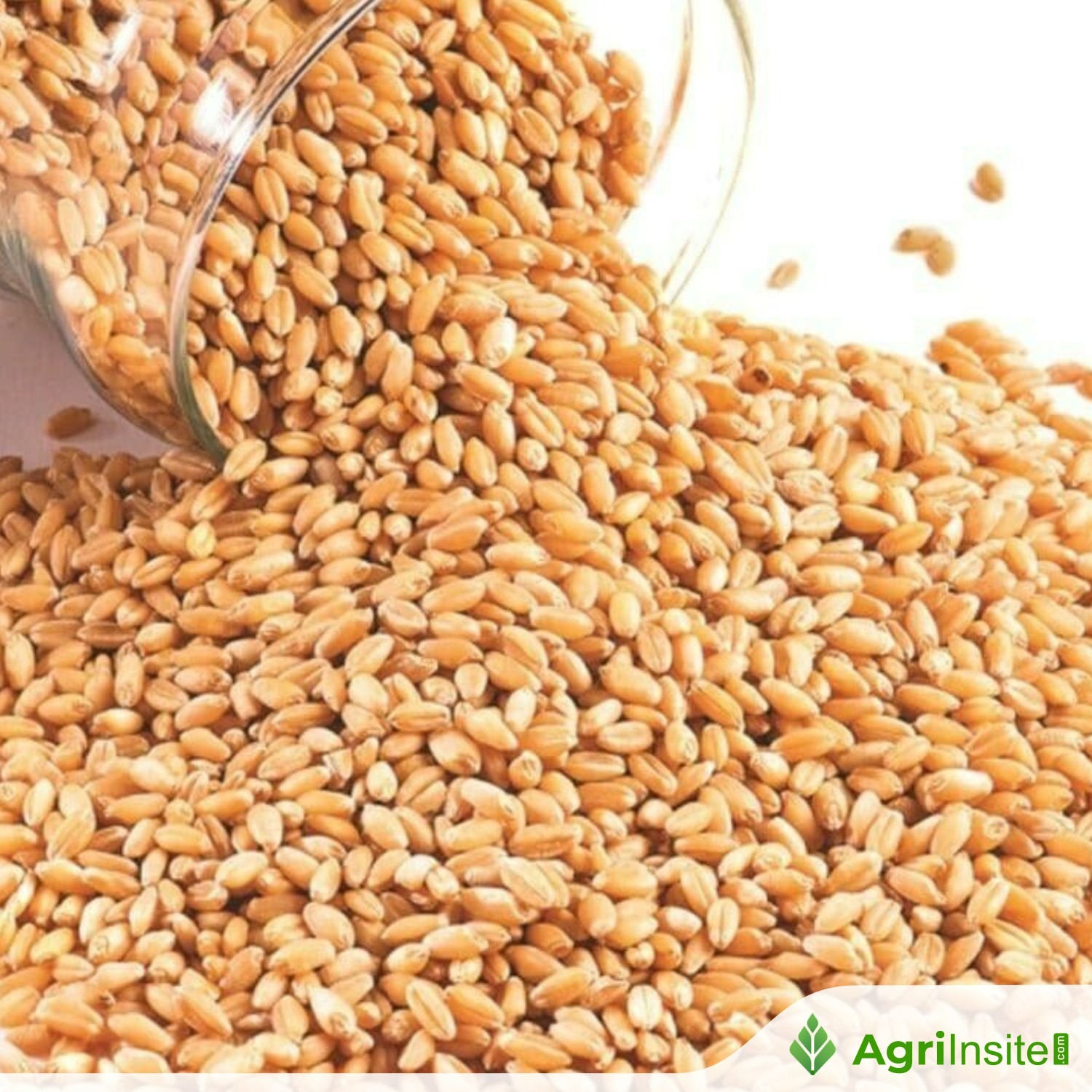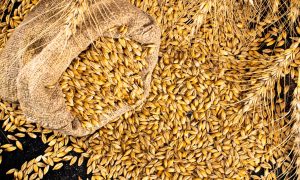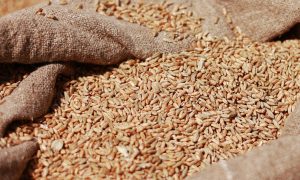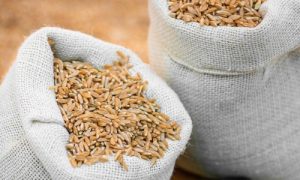India, Wheat prices zoom near record highs as Centre dithers over OMSS

Wheat prices in India have reached near-record highs due to shortages, with supplies limited to Uttar Pradesh. Flour mills urge the government to resume the Open Market Sale Scheme (OMSS) or allow imports at lower duties. However, the government favors releasing more wheat through the Public Distribution System (PDS), fearing imports could affect domestic sowing.
Wheat prices in the country, particularly in the South, are ruling near a record high of ₹34,000 a tonne for Railways goods shed delivery. This has resulted in flour mills seeking launch of the open market sale scheme (OMSS) for this fiscal or permitting imports at a lower duty. “Wheat is not available in Rajasthan or Madhya Pradesh or Haryana or Punjab. It is available only in Uttar Pradesh. This has pushed up the prices. In Delhi, wheat is available at ₹3,200 a quintal,” said an industry source without wishing to be identified. “The supply-demand situation is tight. Wheat is available only through private stockists,” said Delhi-based exporter Rajesh Paharia Jain.
GoM decision
The trade, in particular, is pointing to the Government not resuming OMSS this fiscal and the Food Ministry ruling out the need for imports as reasons for the spike in wheat prices.
According to data from Agmarket, a unit of the Ministry of Agriculture, the weighted average price of wheat currently is ₹2,811 a quintal at agricultural produce marketing committee (APMC) yards. The minimum support price (MSP) fixed for this year’s crop is ₹2,275.
Data from the Ministry of Consumer Affairs show that retail wheat prices have increased by 2.2 per cent in the past month and 4.44 per cent over the past year at ₹31.98 a kg. Official sources said last month, the high-level Group of Ministers decided to release more wheat through the public distribution system or ration (PDS) than OMSS.
Political move?
“The government has already restored (release of) some quantity through PDS, which was cut in 2022, and replaced it with rice,” the sources said. Recently, Food Minister Pralhad Joshi said Tamil Nadu has demanded 2 kg of wheat and 3 kg of rice instead of 5 kg rice under PDS as demand for wheat is growing. “The decision to supply more wheat through PDS is political. The move to not begin OMSS means the government is not concerned about the market,” said a Delhi-based trade analyst. Though wheat is available at around ₹2,800 in Uttar Pradesh, the cost when it reaches Coimbatore or Bangalore of Chennai is ₹3,400, traders said. “The Government has probably got its wheat production estimate wrong. It estimated a record 113.29 million tonnes but it is way off,” said Jain.
Landed price of wheat
Industry sources said the stock limits imposed by the Centre have not helped. “In June, the Government said it would launch OMSS during the festival season, but nothing has happened. If it is not starting OMSS, it should allow 3-4 million tonnes of wheat imports at a lower duty to improve the supply-demand situation,” said the industry source. Industry sources did not specify if the import duty be zero or to what level it should be lowered, they said the Government should decide on its “comfort level” to permit such shipments. Jain said the landing price of imports could be ₹32,000 a tonne if the 40 per cent import duty and other levies of another four per cent are taken into account. “This is similar to current price levels in the domestic market,” he said. According to the Australian Bureau of Agricultural and Resource Economics and Sciences (ABARES), the US Hard Red Winter wheat was 2 per cent lower at $265 a tonne, while Australian standard white wheat was up two per cent at $380 a tonne — all free-on-board.
Keeping rabi planting in mind
The trade analyst said the Government may not allow imports as it could affect sowing of wheat, the primary rabi foodgrain crop. “Allowing imports could affect wheat sowing. So, the Centre may not consider it now,” he said. Trade sources said the Centre could have considered imports earlier and not when rabi sowing has begun. For the current rabi season, the Government has fixed the MSP for wheat at ₹2,425 a quintal. Wheat prices are currently ruling low in the global market and this is the best time to import, the source said, pointing to Algeria’s strategy. Algeria has finalised import of six lakh tonnes at $263 a tonne cost and freight for delivery in December. The wheat will be sources from the Black Sea region. “We fear the government is not ready to import. But there are five more months before the next crop arrives. Supplies could become a real issue,” the industry source said. With inputs from Prabhudatta Mishra, New Delhi

















